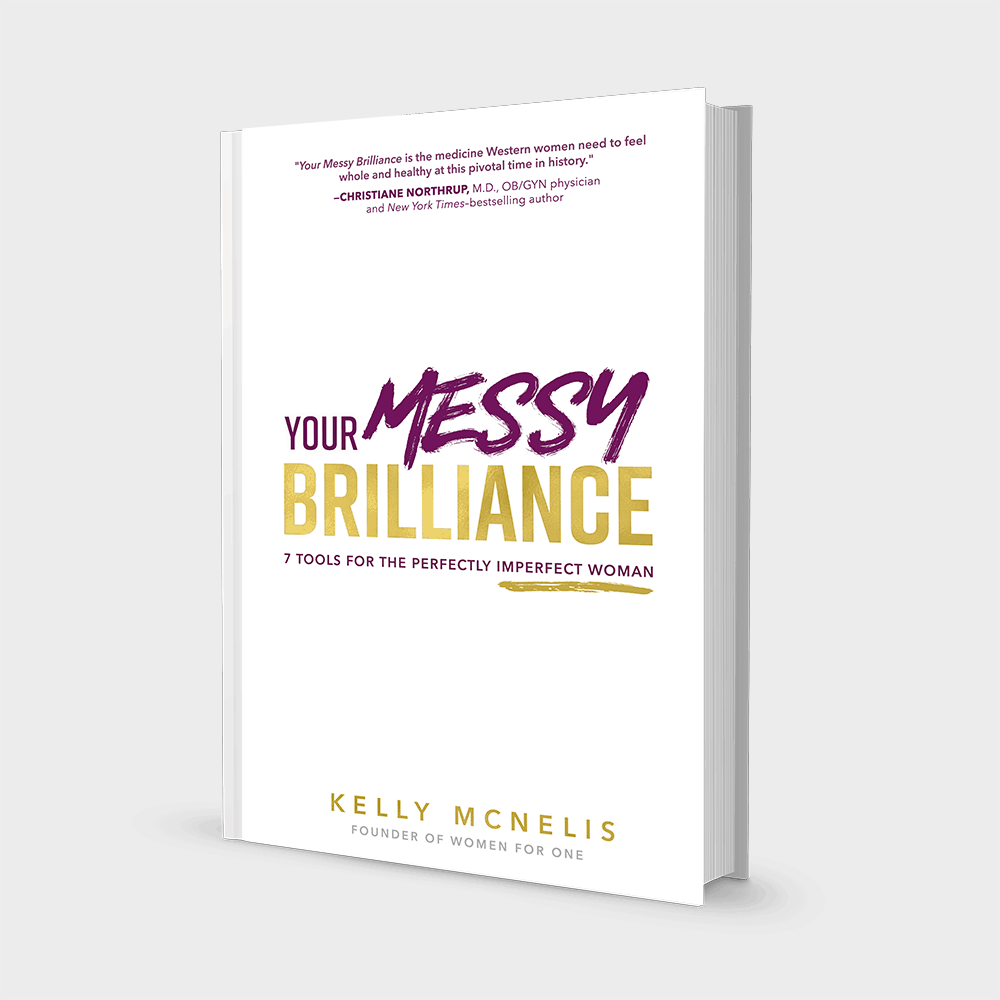
Let’s Start Talking
I am a woman. I am a veteran. I have PTSD. And I never saw combat. I never even deployed. If I had combat-related PTSD I could tell the world. Many would say it was understandable, that I was heroic, and that I deserved every honorable notion associated with the word “veteran.”
The battles I fought while in the Navy were very different than you would think. It turned out my greatest enemy wasn’t the faceless Taliban or Isis terrorist that could attack our ship. It was the men in uniform next to me. The ones who harassed me daily and did not think there were any consequences to their behavior; who thought that dirty joke or slight about being female was essentially harmless.
And maybe I’d be fine if all that happened was a comment here or there about how women don’t belong in this “men’s world” unless they can learn to act and think like men themselves. It doesn’t seem so bad to hear about my “child-bearing hips” or my great legs, if I only talk about that one little thing. Yet those little things were daily. Constant. A comment from a superior like, “She’s my favorite because she’s so cute,” or, “She’s my work concubine,” isn’t okay, isn’t innocent. Even if it was a joke.
Instead they start piling up, one on top of the other. The gate guard taking his breaks on time with my daily routine of walking back to work after lunch to hit on me. A boss who walked up behind me and massaged my neck and shoulders. One of those things I could have taken. Maybe.
But I already had PTSD from a rape, an assault, and an incident of threatening harassment as it was. All of this added up to one perception I had of their perception about me: my fellow shipmates and sailors saw a female – or more accurately, a sexual object. Not someone who had made it through the same training they had and was fighting the same fight. Not someone who was now and ever would be their equal.
Instead, three of the five guys I worked with tried to hook up with me and one tried to date me. (The fifth was gay.) They knew I was there for PTSD, knew I had just broken up with my long-term boyfriend, and knew I had been raped, again. They saw a girl who was hurting and vulnerable, and thought they could manipulate me into thinking their “caring” attitudes meant something other than that text I got from my boss telling me he wished he could be a rebound for me — my married boss with two kids and a third on the way. With the proof I had, I could have destroyed his “honorable” career in the military, but only if I had told the right person and not another superior who would just brush it under the rug.
I will say that I’m describing only one kind of male found in the Navy. I met many great guys too — men who respected women, believed we belonged there just as much as they did, and treated me as an equal. There just weren’t enough of them. It’s a problem in that culture that I can describe even one guy as those above, and it’s a problem in our wider society that actually perpetuates and allows such behavior and attitudes. That makes excuses and blames me.
See, I have a unique problem now. I lost my military career because I have PSTD and sought help for it. But this is a conversation no one wants to have. About rape, about our military hurting our military, or about just how terrible rape is and how it affects the victim. I don’t want to go around talking about what happened, and why would I? Rape is the only crime in which the victim is blamed. I’m a veteran with service-connected PTSD. I was never shot at. However, my very well-being was threatened and jeopardized by those wearing the same uniform as me.
I do not regret joining the military. I am proud of my service and I would choose to join all over again if I could. I do not blame the Navy for what happened to me, nor do I think it was any fault of my own. The Navy taught me how to handle stress and pressure, taught me that I am stronger than I think I am, and even these experiences taught me that when I do break under enormous amounts of abnormal pressure I can get better, I can get through it, and I can learn from it.
I do regret that because of the actions of my fellow sailors, I was not able to finish my enlistment or to have a career had I wished. I regret that despite all the programs trying to prevent this and help victims, it is still a bigger problem than we want to admit or discuss. And I wish we would start talking about it.









2 comments to "Let’s Start Talking"